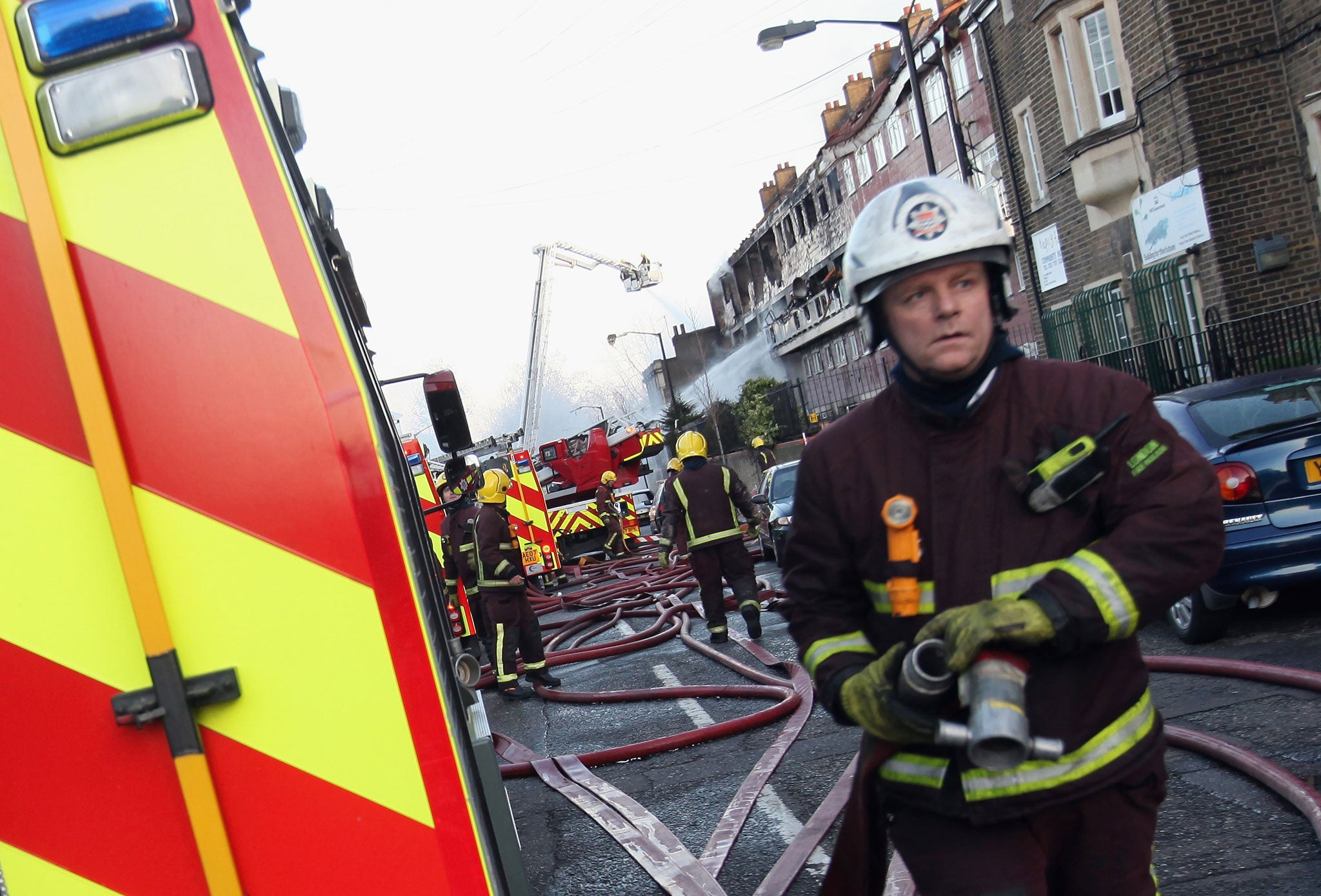Public sector services must be effective first, efficient second
They may sound similar, but there's a great deal of difference between these two terms, and our Government is heading on a dangerous trajectory towards the latter

Your support helps us to tell the story
From reproductive rights to climate change to Big Tech, The Independent is on the ground when the story is developing. Whether it's investigating the financials of Elon Musk's pro-Trump PAC or producing our latest documentary, 'The A Word', which shines a light on the American women fighting for reproductive rights, we know how important it is to parse out the facts from the messaging.
At such a critical moment in US history, we need reporters on the ground. Your donation allows us to keep sending journalists to speak to both sides of the story.
The Independent is trusted by Americans across the entire political spectrum. And unlike many other quality news outlets, we choose not to lock Americans out of our reporting and analysis with paywalls. We believe quality journalism should be available to everyone, paid for by those who can afford it.
Your support makes all the difference.To hear some politicians speak, you’d think certain words were interchangeable. I’m no economist, but even I know there’s a difference between debt and deficit. A November newsletter of my own MP Greg Knight claimed, before it was corrected, that “Britain has paid off a quarter of its debt”, when clearly nothing of the sort has happened. Britain’s debts are growing ever faster under the Coalition, and whether the deficit has been reduced by 25 per cent is questionable.
Similar grammatical subterfuge is currently occurring with the terms “efficient” and “effective”. You might think that these two are synonymous. In some contexts, they might be. In terms of public services “efficient” might refer to the use of resources (cash, people, or physical resources) whilst “effective” would refer to the actual outcome that the service achieves.
Before about 1910, shipbuilders did not think the installation of lifeboats was an efficient use of their resources; space, materials or money. In simple terms, they were probably right. A ship might make hundreds of journeys and may never need them. The sinking of the Titanic in 1912 changed that paradigm. Lifeboat provision had to be effective first, and efficient second.
Call time
Now apply the same reasoning to the provision of certain crucial public services. Let’s take a theoretical county fire brigade, with 20 full time fire stations and 500 fire-fighters. The stations are dotted around the county, providing roughly even coverage. Obviously there is a degree of inefficiency; the costs of maintaining 20 fire stations could be cut significantly if we cut that number to, say, 12. Even if we keep the same number of fire-fighters, the coverage for the population is greatly reduced. It’s the same resources isn’t it? Yes, of course it is, but we could then be considering the impact of a fire engine reaching a location within 15 minutes of a call, or getting there in 45 minutes, with the obvious consequences. Consider again the sale of fire stations around the country, most notably in London.
The same is happening in the health service. I read last week that the primary care trust NHS North Yorkshire and York were considering several options, including moving general emergency surgery to York and only keeping the Accident and Emergency Department at Scarborough hospital open during daylight hours.
These proposals are contained in a report by KPMG, as the primary care trust is facing a predicted shortfall of £19million by the end of the financial year. I can be absolutely certain that this proposal would have killed me had it been in place in 2008. I suffered an asthma attack around 10pm one evening in Scarborough. By the time I arrived at A&E by taxi (the wait for an available ambulance would, unbelievably, have been longer than taking a taxi), I could not breathe sufficiently to verbally book myself in. I would not have survived the journey to York, Hull or Whitby. At the time of writing, it looks as though Scarborough A&E is safe, but this scenario is being played out up and down the country by Ministers who know the price of everything and the value of very little.
Police services are also being cut. Officers are being taken off emergency duty to bolster Neighbourhood teams working day shifts. Dog handlers have been cut by around 40 per cent in some areas. Some areas are now effectively without Air Support because they are outside the working range of the nearest helicopter, even if you disregard the increased flight time. By 2015, the police will be smaller, overall, than the number of officers required to calm the London riots of 2011.
Fatal
The list goes on; Coastguard centres are to be cut by 50 per cent. Survival time in British waters is short enough as it is, without having to wait twice or three times as long for assistance to arrive.
Make no mistake about it – people will die as a result of these ideological cuts. Services are being cut in the name of efficiency to the point where they cannot sustain even routine levels of day to day service. The public sector simply cannot and could not cope with another incident like July 7, or Kings Cross.
Clearly there is a balance to be struck. No one would advocate a fire or police station on every street corner, and of course it’s possible to streamline services to a certain degree. The skill, which appears lacking in the Coalition, is determining the point at which service delivery – effectiveness – is affected.
I’ll say it again, public services need to be effective first and efficient second.
Join our commenting forum
Join thought-provoking conversations, follow other Independent readers and see their replies
Comments